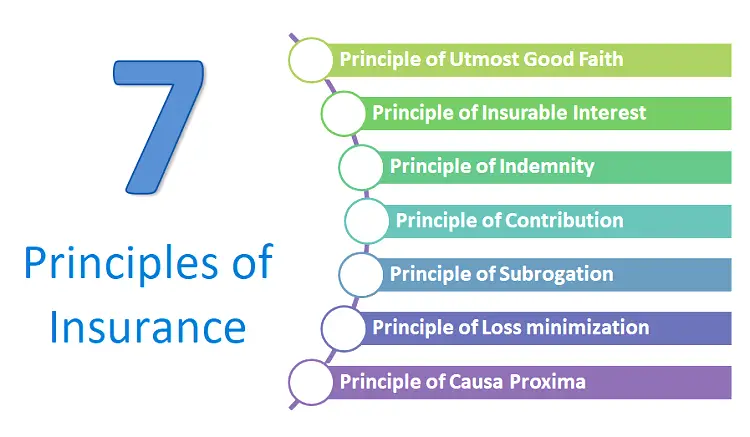Decoding Insurance: The Five Key Concepts You Need to Know
Insurance Demystified: Exploring the Five Basic Concepts

Five Key Concepts: Explore the fundamental pillars of insurance: risk assessment, premiums, coverage details, deductibles, and claims processes. Understanding these five basic insurance concepts is key to making informed decisions and securing the right protection for your needs

Insurance is a shield against unexpected events, providing a safety net for individuals, businesses, and properties. It operates on fundamental principles that are crucial to grasp for anyone considering purchasing insurance. Here are the five basic concepts that form the cornerstone of insurance:
Risk and Probability:
Insurance revolves around the concept of risk. It assesses the likelihood of an event occurring and its potential impact. Insurance companies utilize statistical models to evaluate risks and determine the probability of events such as accidents, illnesses, or property damage. The higher the risk, the higher the insurance premium, reflecting the potential cost to the insurer.
Premiums:
Premiums are the payments made by policyholders to the insurance company. They represent the cost of coverage and are usually paid on a regular basis, such as monthly, quarterly, or annually. The amount of the premium depends on various factors including the level of coverage, the type of insurance, the insured’s risk profile, and the insurer’s expenses.
Coverage and Policies:
Insurance coverage refers to the extent of protection offered by an insurance policy. Policies outline the terms and conditions of coverage, specifying what is covered, what is excluded, the limits of coverage, and the obligations of both the insured and the insurer. Understanding the policy details is crucial to know what risks are mitigated and what circumstances are covered.
Deductibles and Limits:
Deductibles are the out-of-pocket expenses that the policyholder must pay before the insurance coverage kicks in. For instance, in health insurance, if the deductible is $500, the insured must pay that amount before the insurer starts covering expenses. Limits refer to the maximum amount an insurance company will pay for a covered loss. It’s essential to be aware of both deductibles and limits as they can significantly impact the cost and extent of coverage.
Underwriting and Claims:
Underwriting is the process by which insurance companies evaluate the risks of potential policyholders to determine if coverage can be provided and at what cost. On the other hand, claims are requests made by policyholders to the insurer for compensation due to a covered loss. Understanding the claims process and the insurer’s reputation for handling claims efficiently is vital when selecting an insurance provider.
Comprehending these fundamental insurance concepts empowers individuals and businesses to make informed decisions when purchasing insurance. It enables them to choose the right coverage that aligns with their needs while managing risks effectively.
Insurance is a dynamic industry, evolving to adapt to changing landscapes and emerging risks. Staying informed about these basic concepts helps navigate the complexities of insurance and ensures that individuals and businesses can mitigate potential risks effectively.




